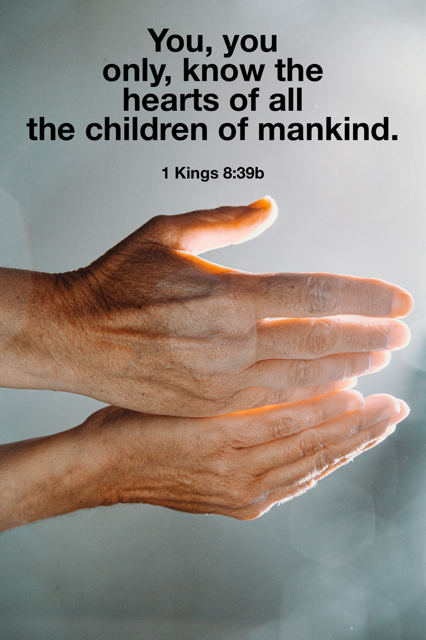Here’s another list of good reads found this week:
A Mother’s Day Message for the Childless Woman. “You probably won’t be publicly honored this Mother’s Day. You likely won’t get a card. But you are a spiritual mother and you are making an eternal difference. So here’s what I’d share with you if I was given the chance to write a Mother’s Day message to you, my Christian sisters without children of your own.”
For the Ones We Were Told to Abort. “On behalf of parents everywhere who did not receive the perfectly healthy baby they prayed for but did welcome into their arms a bundle of joy given by a generous God, here’s my letter to the doctor who told me to choose differently.”
A Response to Dr. John McArthur’s Statement on Mental Health, HT to Challies. “To be clear, this article is not an attack on the person or character of Dr. MacArthur, a Christian brother for whom I have much respect and who has been a bulwark of solid reformed theology for many decades. Nevertheless, there are several things within the statement that, as a professional working in Christian psychiatry I would like to address.”
Fear of Missing Out, HT to Challies. “FOMO gets a bad rap because it is often caused by envy—the feeling that others are enjoying things you are missing. My FOMO is less about envy and more about growth and opportunity. I fear becoming comfortable and complacent and missing out on what God has in store outside my comfort zone.”
Study the Bible in 5, 15, or 30 Minutes, HT to Knowable Word. “God isn’t prescriptive about this in his Word (Deut. 6:5–6; Phil. 2:16; John 15:4). He wants us to prioritize meeting with him through Scripture, however it looks. He wants us to hunger for him, the Bread of Life, not a formula. He wants us to pursue our perfect Savior Jesus, not a perfect quiet time, as if there were such a thing (John 5:39–40).” I love this, but I’d disagree with a bit at the end concerning church being our main spiritual meal in God’s Word. I agree that it’s vital, but I wouldn’t say it’s more important than regular time alone with the Lord.
Am I Out of Asks? HT to Challies. “‘Oh, but God,’ I muttered, ‘Please hear this one.’ I have experienced the Lord not answering my prayer in the way I hoped, so fear unexpectedly gripped my heart as I prayed, pleaded, doubted, and as I wondered whether I had used up my asks of God. But this is not the way our Father works.”
The Beauty of Intergenerational Friendship, HT to Challies. “We’re naturally drawn to people with whom we have much in common. Moms with young ones cluster together, sharing parenting tips. The silver-haired saints seek out the similarly crowned. And single women seek companionship among the unattached. Commonality eases connection. But when we step outside our comfort zone, we often find beauty, wisdom, and a connection that can be forged only by the work of the Holy Spirit.”
I remember my mother’s prayers, and they have always followed me.
They have clung to me all my life.
–Abraham Lincoln
Happy Mother’s Day tomorow to the Moms out there!
Never forget that your ministry as a mother is a vital one.
















